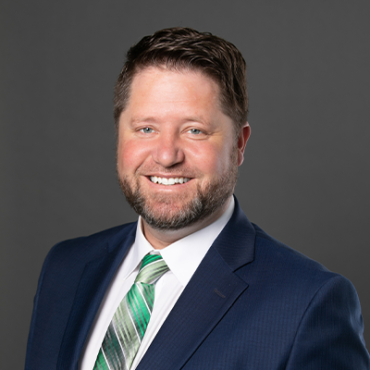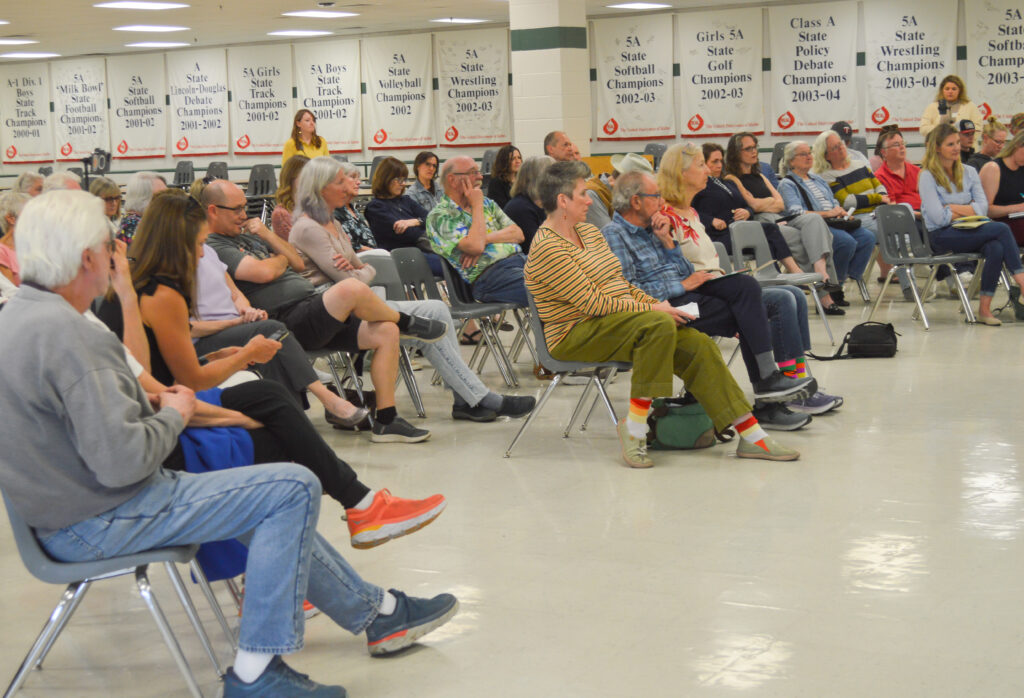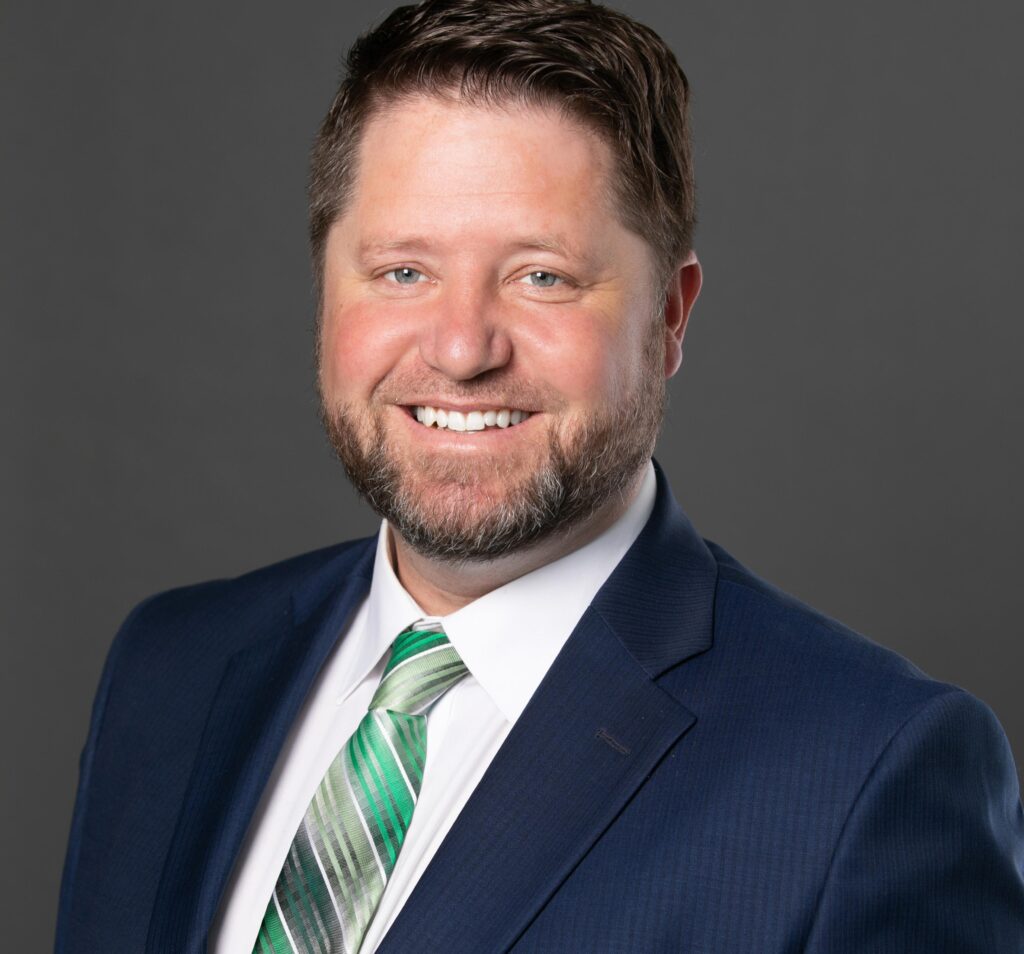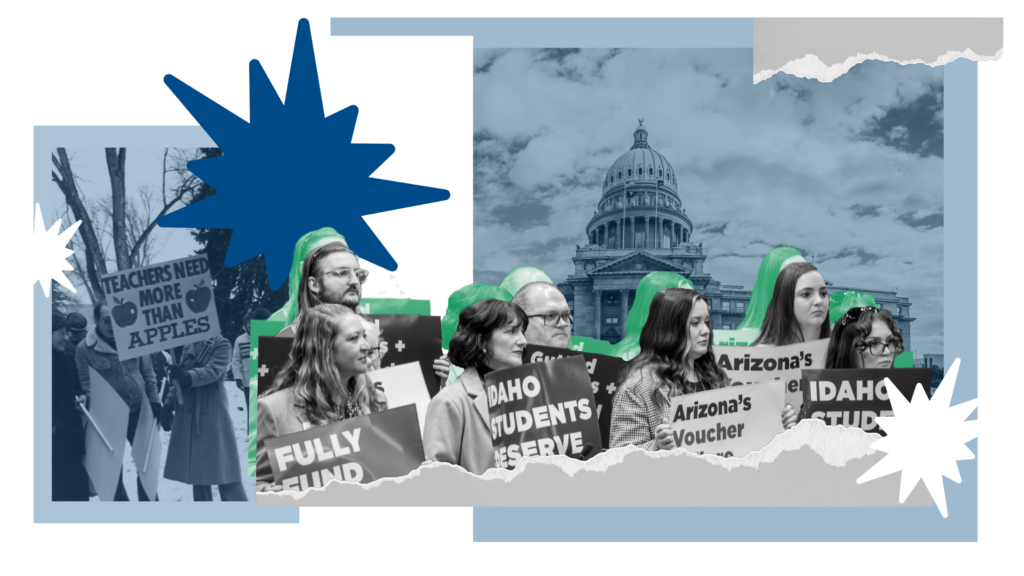Last week, Idaho Ed News reported an astonishing jump in the number of K-3 public school students who are reading at grade level: 70.9%, besting even pre-pandemic rates of literacy success.
This number is no accident — it’s real-time data that proves deliberate investments in public education pay off. It’s evidence of what our talented public school educators can do when given the proper resources. And unlike Idaho’s controversial $50 million private school voucher scheme, it’s the result of strategic thinking, transparency and accountability.
Gov. Brad Little and State Superintendent Debbie Critchfield made early childhood literacy a goal, helping literacy funding jump from $13.1 million in 2019 to $72.8 million in 2025. Idaho made the SMART (Striving to Meet Achievement in Reading Together) program available to educators who applied to learn new, science-backed ways of helping their students succeed.
Public school educators — including Idaho Education Association members — jump at the chance to improve students’ lives, and the SMART program has been a perfect example of what they can accomplish with proper resources.
To be clear, Idaho’s investment in its reading program is not excessive. It’s simply targeted, wisely spent money. But does the current Idaho Legislature have any interest in listening to Idaho’s public school educators and helping them succeed?
If the 2025 legislative session is any indication, the answer is no. Despite Rep. Wendy Horman’s spurious claim that lawmakers provided $400 million in education funding this year, the legislature’s investments in Idaho’s public schools barely keep up with inflation, if that.
Take the $100 million allocated for educator pay: Although it certainly sounds like a huge investment, the number doesn’t reflect the whole picture. While IEA is happy incoming public school educators will receive a minimum salary — one that, hopefully, will help prevent their defections to better-paying surrounding states — that money also leaves many experienced educators without the compensation their experience warrants.
Or consider the Legislature’s refusal to close an $82 million gap in Idaho’s special education funding, a number that will surely increase as Idaho sorts through the fallout of slashed federal funding. Even a $3 million ask to help close the gap was too much for Idaho’s legislators.
Meanwhile, anti-public education lawmakers consumed endless hours debating and passing flavor-of-the-moment culture war legislation like the flag bill, ignoring the very real needs of Idaho students.
For years, IEA members have been asking for an adequacy study to assess factors such as class size, teacher qualifications, technology access and support services. Operating and appropriating without data does a huge disservice to Idaho taxpayers and public school children. Can you imagine putting together a budget without first understanding your household’s daily needs? Of course not — and yet that is what the Idaho Legislature does session after session.
IEA members want accountability and transparency, not handouts. They want results. An adequacy study would be the first step toward ending the current wasteful practice of throwing good money after bad.
The reading program’s success is an example of how strategic education funding is supposed to work. The question is: Will the current Idaho Legislature heed the lessons from this program or vote to throw even more money into an unaccountable, inherently unequal voucher program?
Will they listen to the professionals who are in the classroom day in and day out and trust what they are saying, or will they continue to push ridiculous and divisive culture war legislation?
Will they finally do the hard work of looking at what Idaho’s public schools really need, or will they continue to neglect our most vulnerable students?
If 2025 is any indicator, Idaho’s public schools will be let down yet again. And when IEA members and those who value public education head to their primary polling places in May, they’ll be armed with the data they need to make the right decision — the voting records of every Idaho legislator.
Layne McInelly is president of the Idaho Education Association and a professional certified educator who taught in Idaho public schools for 12 years.




